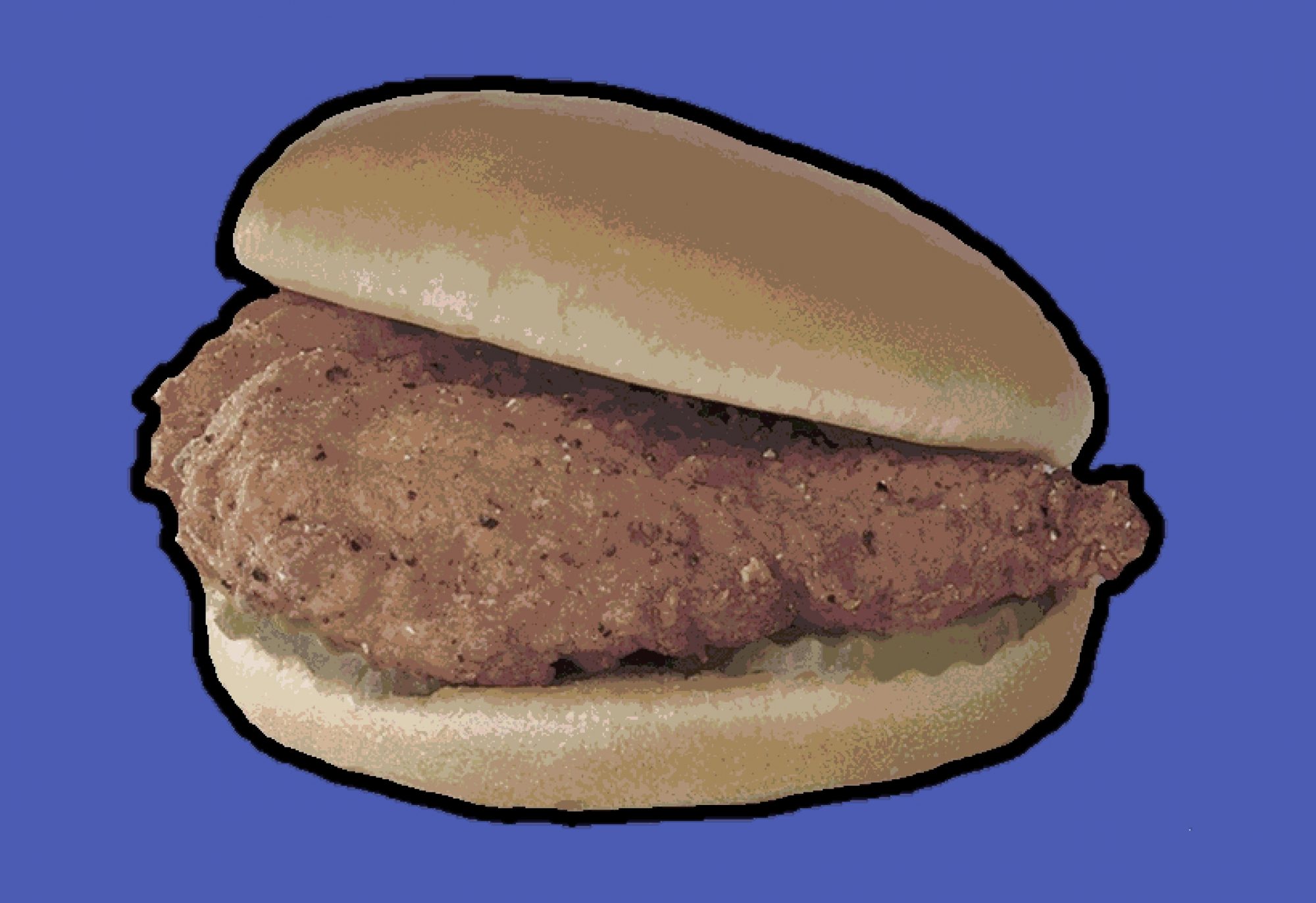Trump is setting all kinds of precedents as a U.S. president. Chiefly among those is the fact that for better or worse, he’s actually following through with all his campaign promises. Nobody who obtains the U.S. presidency actually follows through with most of the empty promises they made in order to get there, let alone this early into their term.
Obama ran on a platform including things like: 1) overturning the Patriot Act 2) protecting whistle-blowers, and 3) closing the Guantanamo Bay detention camp. None of these happened, and if anything, civil liberties have been compromised further via the bolstering or renewing of the polices he was supposedly against. This isn’t meant to be an out-and-out attack on Obama, however. He accomplished a lot of other things he said he would. The point being, that candidates don’t always follow through on some of the bigger things they say they will.
Trump seems dead set on actually doing everything he said he would. I guess nobody told him that politicians pander and lie, and that we tend to accept the fact that they regularly renege on their campaign promises. You don’t actually need to do everything you said you would in order to get voters.
So far, he’s shot down the Trans-Pacific Partnership, committed to building a border wall (I’m still not convinced he’ll actually go through with this one), and imposed his #MuslimBan. I don’t particularly agree with these last two accomplishments, nor do I see them solving any kind of problem, but regardless, he’s actually following through, which is mind-blowing to me on many levels.
This post is strictly about the #MuslimBan though, so that’s what I’m gonna type about for a hot minute.
To start things off, the #MuslimBan isn’t even an actual #MuslimBan. Right from the outset, the name is a misnomer being unscrupulously pushed by people who should probably know better. It is a temporary 90-day ban on citizens from seven individual countries from gaining entry to the United States, and a 120-day ban on refugees from those countries One of those countries (Iraq) had previously been on a ban implemented by Barack Obama back in 2011, lasting for six months. As you may have guessed, there wasn’t much, if any outrage when this transpired. This is to be expected in our current age of egregious double-standards, I suppose.
Secondly, the #MuslimBan isn’t even an actual #MuslimBan. The ban is essentially blocking roughly 200 million people from entering the United States for three months. That is a large number of people for sure, but a fraction of the 1.6 billion Muslims who would be banned by a legitimate #MuslimBan. You can be against the ban, but also be intellectual honest enough to not mislabel something merely for hyperbolic effect.
For instance, seven Muslim countries are included in the ban, but there are eleven Muslim countries that aren’t affected by the ban at all. By “Muslim” countries, I’m referring to countries that are at least 85% Muslim, even though most of those are above 95% Muslim. If this were an actual ban on all Muslims, at very least, there would be 18 countries on that list, and not just seven. The fact that only seven are in the ban leads me to believe that they were selected based on some other legitimate criteria. Perhaps they were deemed the biggest hotbeds for terrorism, or those with the most substantial ISIS presence. Saudi Arabia would probably have ended up on the list under those criteria however. Emperor Donald has businesses in Saudi Arabia, so perhaps we have a conflict of interest at work here as well. The plot thickens.
Finally, the #MuslimBan isn’t even an actual #MuslimBan. From what I gather via reading the actual order that was released, the ban is meant to either allow the vetting process to be slightly reworked, or to allow for more thorough background checks on individuals already in line to get visas to enter the U.S. It’s hard to get a simplified, yet honest assessment of this order from most U.S. media outlets, who have become increasingly incapable of delivering non-biased, propaganda-free articles on the matter.
Regardless, the whole point of this was to demonstrate that with a middle-school kids’ level of research, one could have ascertained that the #MuslimBan was actually a country ban, and not a “muslim ban”. Muslims from England, Nigeria, Chile, etc. aren’t part of the ban, after all. Why exactly those seven countries were chosen, I’d be interested to find out, but reacting to these situations like a hysterical child instead of actually researching it helps nobody. Most of social media is only able to react like hysterical children though, so perhaps this is too much to ask.
This is the Trump presidency though, so you’re going to have to brace yourselves, like someone riding shotgun in a car next to a driver who’s had a few too many drinks. Hopefully it all turns out for the best, and you don’t die in a horrible fireball of a crash. I can’t be too overly critical of anything that’s transpired thus far, but tomorrow is always a new day.

